So you want to be an SEM (Search engine marketing) master.
“That’s easy enough!” you say, “All I need to do is create a Google Ads account and-“
Stop right there.
The first mistake everyone makes is assuming that Google is the only platform for online ads.
Now, to be fair, you wouldn’t be wrong in assuming that Google is market leader for SEM or PPC (pay-per click) ads. But you would be ignoring a certain, Microsoft-sized elephant in the room.
I am, of course, talking about Bing.
I know, I know, Bing is a “terrible search engine” and “a waste of time” and “only people who don’t know computers use it.” Yeah, yeah we’ve heard it all before.
Now, what if I told you that Bing has 33% of the US desktop search market, representing an audience of 66 million searchers worldwide who you could not reach on Google.
Are you interested yet?
Good, so let’s talk about Bing ads for a minute.
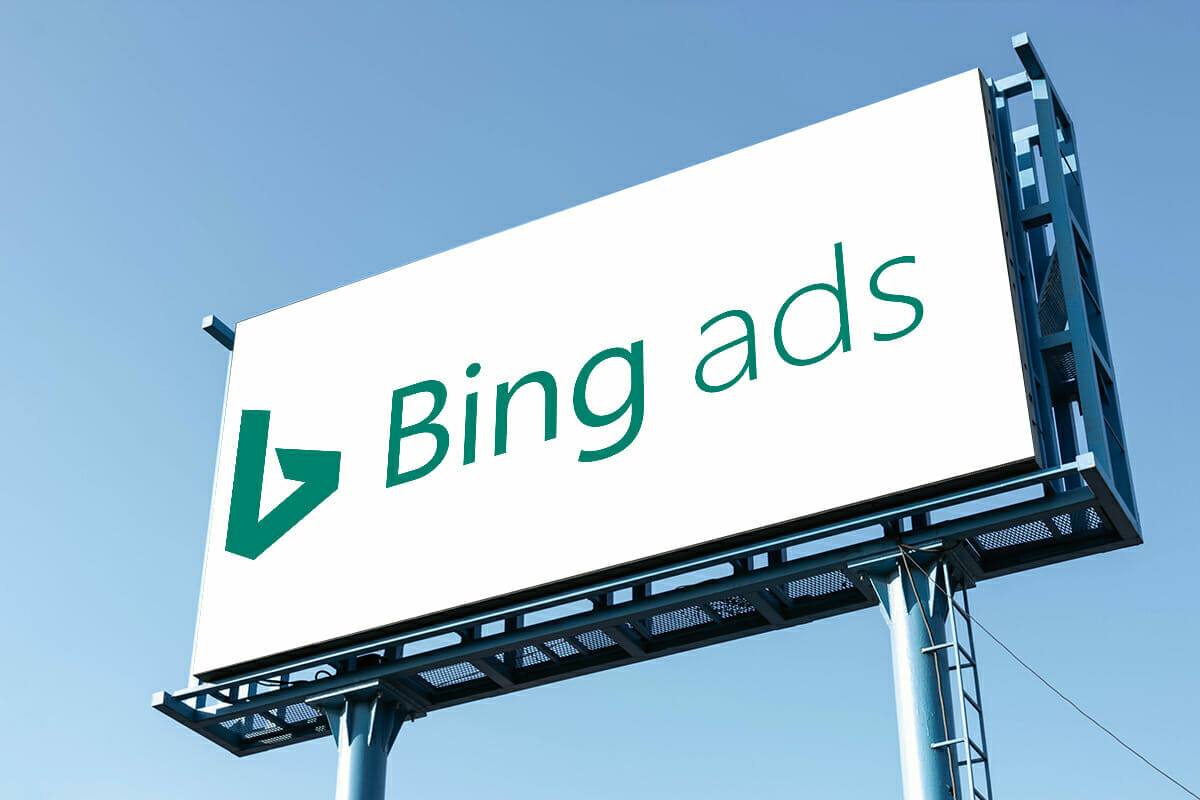
How to Stop Worrying and Love the Bing
In case you aren’t convinced that Bing isn’t a dead end, let’s look at some interesting numbers.
For example, what if I told you that Bing can get you a higher click-through rate at a lower cost-per click?
You’d think I’m crazy.
With a lower budget, you can have a higher CTR and lower CPC using Bing Ads compared to the same campaign on Google.
Now we’re cooking with gas.
To be fair, a lower budget on Bing Ads means a lower sample size – meaning the data can only go so far. But that’s where things get even more interesting.
In Q2 2018, Google experienced an increase in clicks of only 3%.
Compare that to Bing, which saw a 23% increase in clicks, and a 10% decrease in cost-per-click. Not to mention ad spend decreased by 11%.
The take way from these numbers is that Bing saw a huge increase in user clicks, combined with a decrease in competition. Combined, advertisers on Bing can now reach more people for less money, making it much easier to dominate your niche.

How Did This Happen?
So how is it possible to have such good results on a search engine everyone “knows” is a non-competitor? Common sense would tell you that Bing doesn’t stand a chance on the market, right?
Well, you can guess where this is going.
The truth is that Bing has a lot of factors in its favor. Let’s take another look at the official Bing Ads stats:
Bing users tend to be older. About 40% are between the ages of 34 and 54, with another 34% being 54 and older. So about 75% of the entire Bing market is 34 and older.
That’s not all. Bing users are disproportionately well-educated and high income. A solid 50% of Bing users have a bachelors degree or postgrad degree. Over half have an annual household income above $75,000.
Half of Bing users are also married or living with a domestic partner.
So why does any of that matter?
Because a fundamental rule of marketing is market segmentation.
Bing offers marketers access to a targeted audience before you even begin bidding on keywords. Many companies are specifically looking for well-educated, older and affluent customers. These are the companies that do best on Bing.
But why does the Bing market look like this?
Think about it:
Bing is the default search engine for Microsoft Edge and Internet Explorer. Why would anyone use those browsers, though?
Because it comes preloaded on Windows PCs.
And lo and behold, Bing is almost exclusively a desktop-based search engine.
Funny how that works.
“Okay, I’m Already Cancelling My Google Ads Campaigns!”
Well, okay, let’s not get carried away.
Really think about what Bing’s user stats say about the platform.
Much as I’ve spent this entire post advocating for Bing, we do need to take a step back and consider the implications of all these pieces of data.
Most obviously is that Bing is most certainly right for certain marketers to focus on.
Advertising to affluent, older users is an amazing idea, plain and simple. You should be using Bing PPC in those cases. This works best for lawyers, insurance agencies and other high-value financial and professional services.
Not so much for e-commerce sites advertising the latest and greatest trends to young twenty-something trendsetters. Millennials, after all, aren’t known for their wealth.
Consider your audience, and consider whether that audience is actually using Bing at all.
Bing can be a powerful addition to your advertising mix, but it isn’t for everyone. By no means are they going to replace Google anytime soon. Remember, also, that PPC is only one piece of the complete digital marketing toolkit.
At the same time, many marketers will find Bing to be an incredibly valuable asset. Consider your strategy, and decide for yourself.
Have you had success with Bing PPC ads? Post a comment about your experiences below!
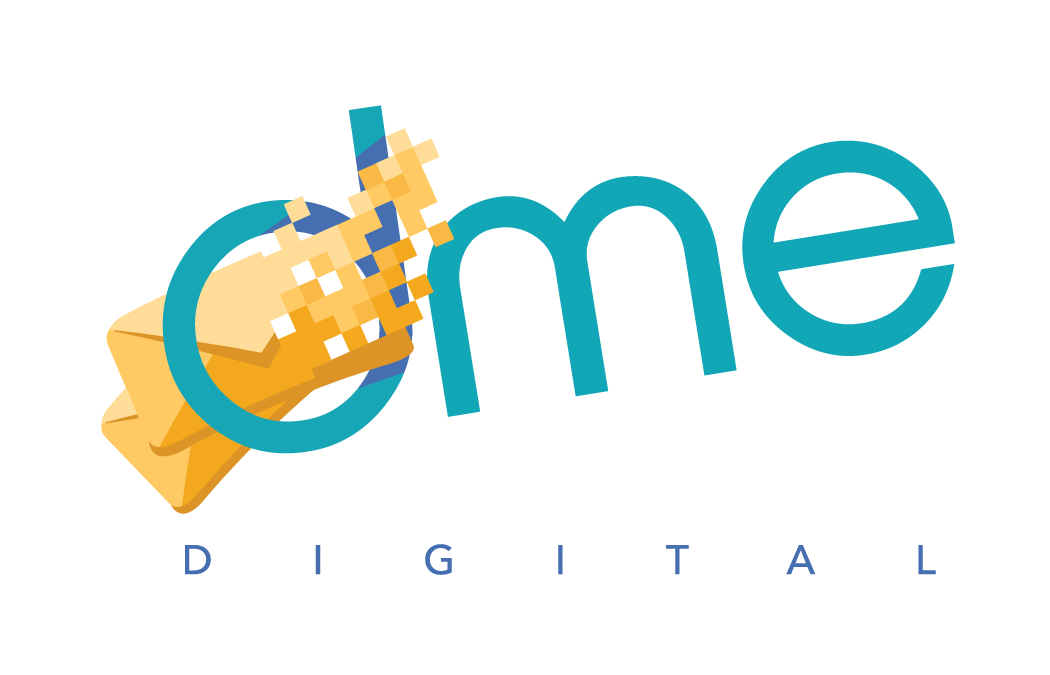
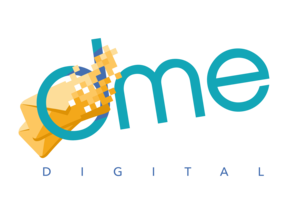

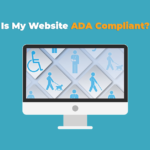

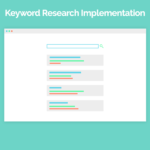

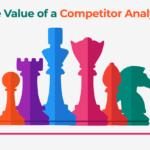



Leave a Reply